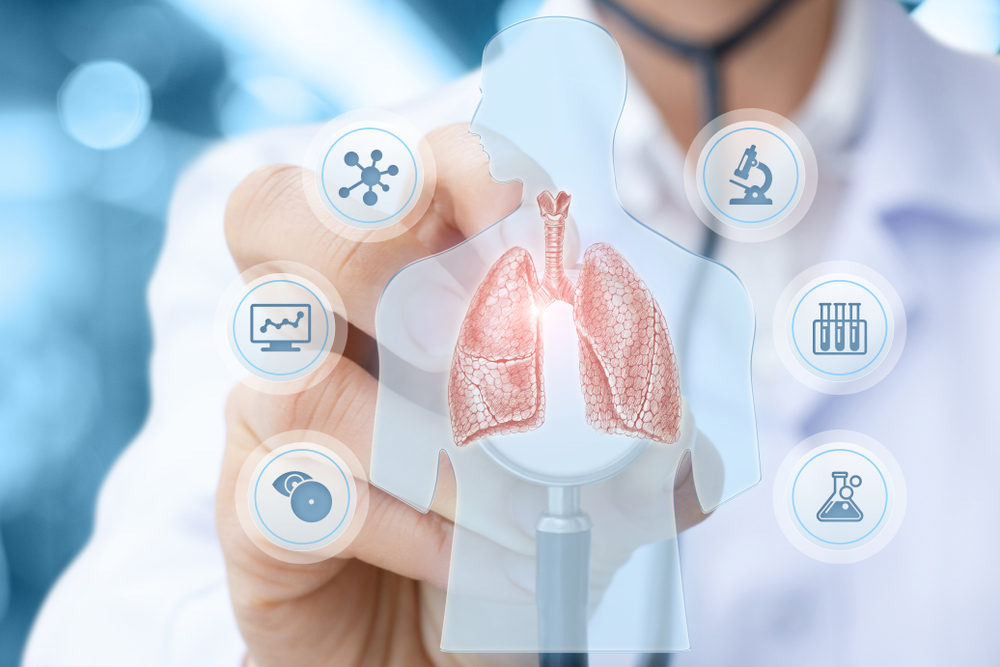
Chest Diseases
Chest Diseases
The Department of Pulmonary Diseases is a medical specialty that deals with the diagnosis and treatment of diseases affecting the lungs and respiratory system. Physicians in this department handle a variety of conditions, including asthma, allergic diseases, bronchitis, chronic obstructive pulmonary disease (COPD), pneumonia, tuberculosis, pulmonary embolism, chronic cough, lung cancer, sleep-related breathing disorders, and diseases caused by smoking. They work with a multidisciplinary approach to provide the best treatment for their patients.
Which Diseases Are Diagnosed and Treated in the Pulmonary Diseases Department?
The Department of Pulmonary Diseases focuses on the diagnosis and treatment of conditions related to respiration and the lungs. Patients are treated either on an outpatient basis or as inpatients, depending on their needs. To diagnose respiratory diseases, physicians use laboratory tests and radiological examinations. In the respiratory function laboratory, which is part of the department, several diagnostic tests are conducted, such as oral pressure measurements, lung volume tests, diffusion tests, reversibility tests, slow vital capacity tests, and forced vital capacity tests. For allergy-related disorders, skin tests are also performed in coordination with other specialists. For diagnosing and treating sleep disorders associated with respiratory problems, the department also offers a sleep laboratory and a bronchoscopy unit that provides advanced imaging services.
What Diseases Fall Under the Department of Pulmonary Diseases?
All lung diseases that require investigation, monitoring, and treatment fall under the scope of pulmonary diseases. Many of these conditions reduce the patient’s quality of life and prevent them from carrying out daily activities. Symptoms of these diseases include coughing, chest, back, and shoulder pain, wheezing, sputum, snoring, coughing up blood, fatigue, night sweats, fever, loss of appetite, and weight loss. These conditions are monitored and treated by the physicians in the Department of Pulmonary Diseases.

Do you have a question? Call us now
Need support? Send us an email
Mon – Fri 08:30 – 18:00
Our working hours
Our institution, which started its activities as Menemen Yaşam Health Polyclinic in 1987, has been serving our people as Private Menemen Yaşam Medical Center since 2005. With the investments we have made, we offer the modern devices required by the age to the service of our people.